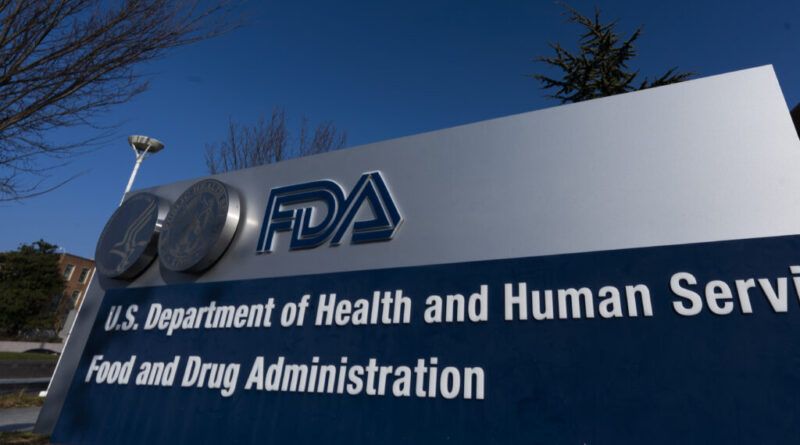The FDA should remove the approval of more than 400 contaminated drugs
Wwhen the FDA learned that a testing facility in India had submitted fraudulent data for more than 400 drugs (mostly generic), the agency should have pulled them from the market. Instead, it allowed these drugs to continue to be prescribed and distributed for at least a year while drug companies re-evaluated them for compatibility with the original brand-name drugs.
As someone whose work focuses on the hidden and reduced side effects of prescription and over-the-counter drugs, I know that the FDA’s decision is wrong. That’s why I published an open letter to the agency asking that approval be withdrawn for all of these drugs until new, clean data is submitted, reviewed, and approved by the FDA. The European Medicines Agency (EMA) has stopped the distribution of more than 400 of these drugs.
I also asked the FDA to release the names of those 400 questionable drugs. But it’s down, because the FDA considers information about how, where, and by whom any drug is tested to be “commercially confidential information.”
Commercial interests should not be put before the health and safety of patients.
According to a Viewpoint essay in JAMA by two Harvard-affiliated researchers, the FDA initially set strict limits on the disclosure of tests and related information that pharmaceutical companies provide to the agency as a matter of course. to protect their employees from litigation. The JAMA article offers a plan to repeal this misguided guidance and restore trust and transparency to the FDA.
In fact, it would be painful if the FDA removes the approval for these contaminated drugs because patients, doctors and pharmacists will have to manipulate to change the prescriptions. But it is a necessary pain. Most of the drugs are generics, which play a very important role in keeping the price of the drugs lower than they could be, and are important to maintain the pipeline of medicines needed to protect patients from production shortages. . But generic drugs can fill these needs as long as people trust them and if they are really equal to brand name drugs.
There would also be financial pain for pharmaceutical companies if they were suddenly unable to sell these drugs. But that pain should they are heard by these companies so they will work hard to ensure that they do not receive bad data and forward it to the FDA.
The FDA noted “significant errors” in the laboratory’s test data. The institute wrote to the experimental lab: “In your five studies, we have selected many groups of subjects with almost the same data … the test drug and the reference drug. Although it can be something unusual for two studies in the same study to have almost the same data, this happened for many groups of studies, in many studies … “The letter explained many other errors.
If the FDA noticed these differences, the pharmaceutical companies that paid for the testing should have done the same. It is their responsibility and they should bear the cost. Not the American people.
The FDA Adverse Event Reporting System (FAERS) makes it possible – even easier – for patients, doctors and pharmaceutical companies to report unexpected side effects and adverse events. So far, the FDA has not found any uptick in problems with these contaminated drugs. But that does not excuse the FDA’s inaction. These medicines may contain too little of the active ingredient, causing a low therapeutic effect, or too much, causing a toxic response. They may contain impurities or may be made with additives that may cause allergic reactions. Due to poor test results, we don’t know.
The person who dispensed the medicine has the right to assume that it contains the ingredient promised on the label.
The FDA’s mission is to protect Americans from unsafe or ineffective drugs. When it comes to the more than 400 contaminated drugs that it recently studied, I say to the FDA: This is your time to stand up for America, not the pharmaceutical companies.
Suzanne Robotti is the founder and president of MedShadow Foundationa non-profit organization focused on researching and explaining the hidden and reduced side effects of over-the-counter and prescription drugs, and has served as a consumer representative on the FDA’s Drug Safety and Risk Management Committee from 2017.
#FDA #remove #approval #contaminated #drugs
